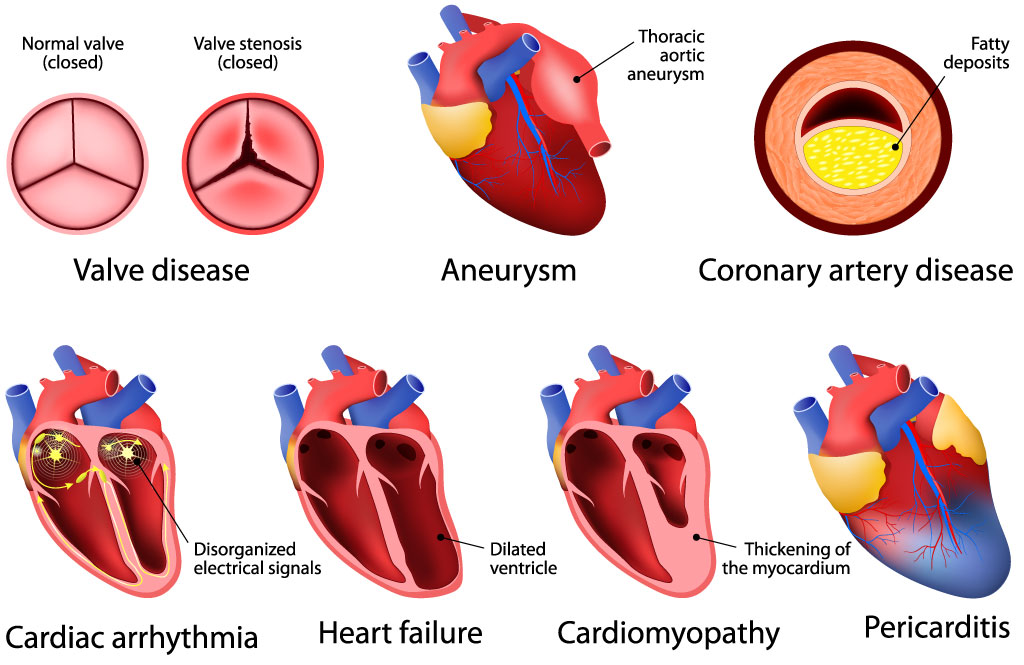Heart health
This fact sheet is for people who have had a blood and marrow transplant (BMT).
BMT patients may experience health complications in the months or years following the transplant. Long-term follow up has an important role in the early detection of any health issues.
This fact sheet has general information about ways to look after your health. If you have specific concerns, speak to your BMT team or your doctor for further information and advice.
What are the issues that could affect my heart health?

Heart problems occur commonly after a BMT.
Possible heart problems
- High blood pressure
- Heart rhythm problems (arrhythmias)
- Coronary artery disease (causing angina or heart attacks)
- Heart failure (where the heart muscle doesn’t function properly)
- Valve disease (narrowing or leaking of heart valves).
These types of problems may occur as the result of certain medications, radiation to the chest area, graft versus host disease, some graft-versus-host-disease medications and infection.
What are the symptoms?
Heart pain is often described as a pain in the chest that feels like a heavy pressure or fullness. It may also be felt in the shoulders, arms or jaw and may be associated with sweating, nausea, or shortness of breath.
Chest pain is a medical emergency. DIAL ‘000’.
Other symptoms that may be associated with heart problems include:
- shortness of breath
- cough and wheezing that doesn’t go away
- periods of dizziness or light-headedness
- swollen feet or ankles
- periods of heart racing or throbbing or heart skipping beats (arrhythmia).
If you have any symptoms that may indicate heart problems you should speak to your BMT team or general practitioner (GP).
How are heart health issues diagnosed?
After transplant, your BMT team will regularly monitor your heart function in order to prevent, diagnose and treat any problems that arise. In the first instance this will be done by talking to you about your health, performing a physical examination and checking your blood pressure and weight.
A number of routine tests are also done to assess your risk of developing heart problems including assessment of your blood sugar and cholesterol. You will also have episodic scans (cardiac echocardiogram (ECG) or gated heart pool scan) to check your heart muscle function and look for any damage that may have occurred because of chemotherapy, radiotherapy or BMT.
Depending upon the result of these tests and on your symptoms, you may be referred to a cardiologist (heart specialist) for further testing and to assist with your management. Other tests may include an exercise stress test, computerised tomography (CT) coronary angiogram, coronary angiography or 24-hour ECG monitor,
How are heart health issues treated?
The treatment of heart problems following BMT generally involves:
- reducing or controlling the risk of further heart disease, for example by controlling blood pressure and diabetes
- lifestyle modifications to reduce symptoms and improve heart function, including regular exercise, weight loss and stopping smoking
- dietary modifications, including fluid restriction and reduction in salt and fat consumption
- medications to improve oxygen supply to the heart, control abnormal heart rhythms, reduce the workload on the heart muscle, improve heart function, reduce cholesterol damage to blood vessels and reduce clotting.
Sometimes, surgery may be necessary to restore blood supply to the heart or repair damaged heart valves.
How can I look after my heart health?
The main way to look after your heart health is to make healthy lifestyle choices.
- Report any symptoms that may indicate heart problems.
- Do regular exercise – Check with your doctor about an exercise routine. Exercising for 30-60 minutes on most days can support heart health.
- Maintain a healthy weight – Eat a balanced nutritious diet. Limit your consumption of saturated fats.
- Do not smoke.
- Work with your doctor to ensure that your blood pressure, cholesterol and blood sugar are in the recommended ranges. You should also ensure that your routine post-BMT heart checks, including blood tests, hearts scans or cardiac echo tests are done.
Where can I find further information?
- Heart foundation: www.heartfoundation.org.au
- Lifestyle fact sheets: www.cancer.org.au
- Get Healthy NSW: www.gethealthynsw.com.au